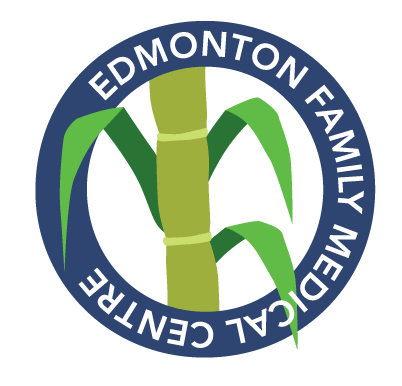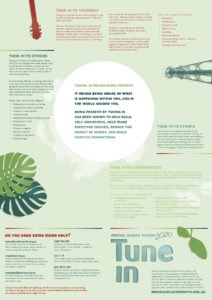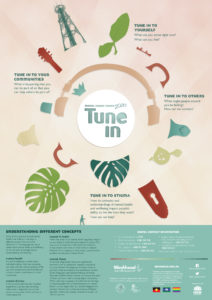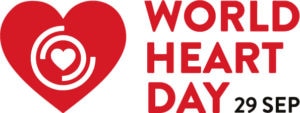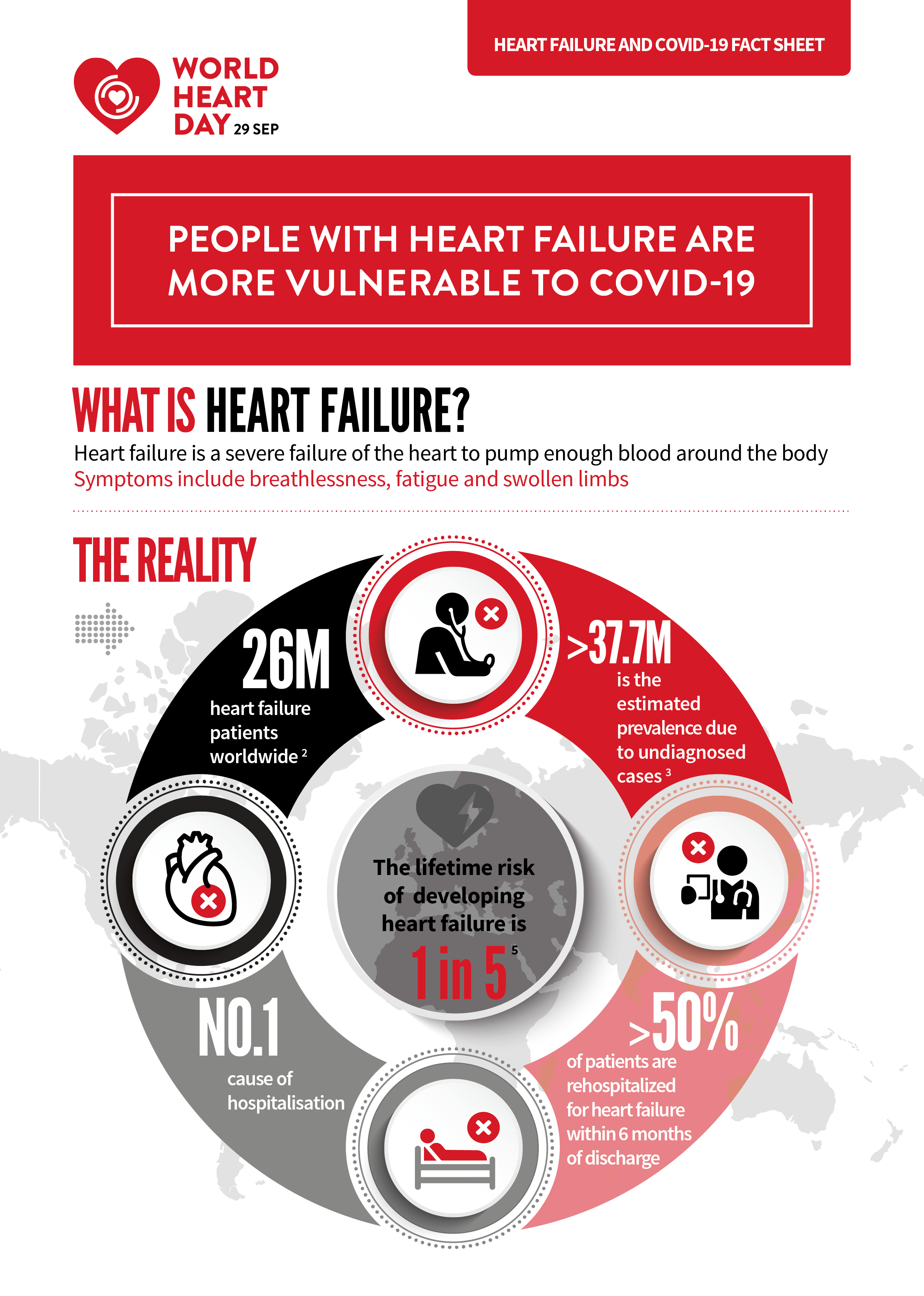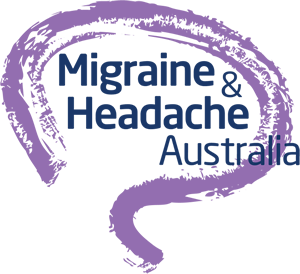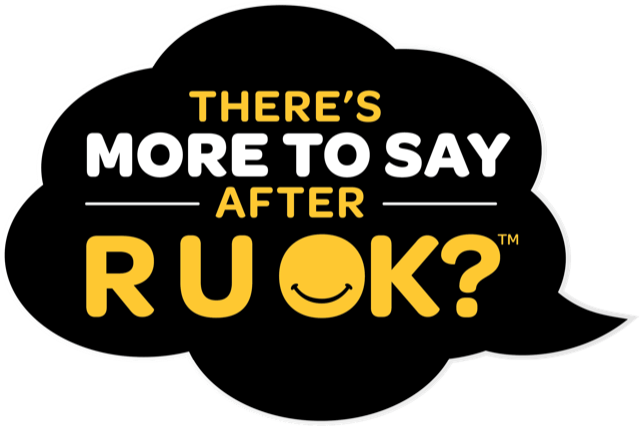 Tune In
Tune In
Tuning In means being present, being aware of what’s happening within you, and in the world around you.
Tune In to your senses – what can you sense right now? What can you feel?
Tune In to your communities – what’s happening that you can be part of, or that you can help others be part of?
Tune In to stigma – how do attitudes and understandings of mental health and wellbeing impact people’s ability to live the lives they want?
Taking a moment to Tune In can help still and focus your mind, it can help you understand what’s going on for you and others. Tuning in can help you find a new perspective, and it can help you reflect and be present.
Tuning In has been shown to help build self-awareness, help make effective choices, reduce the impact of worry, and build positive connections. Tuning In to communities and the impact of mental health stigma can help ensure that people who need support have safe places to talk about their experiences and reach out.
Tune In to Mental Health Month and help create a world we can all Tune In to.
FactSheet: click here to download pdf
Click on images to enlarge
Go to the website for more information http://mentalhealthmonth.wayahead.org.au/about-mental-health-month/
